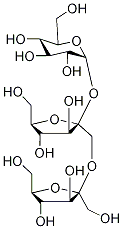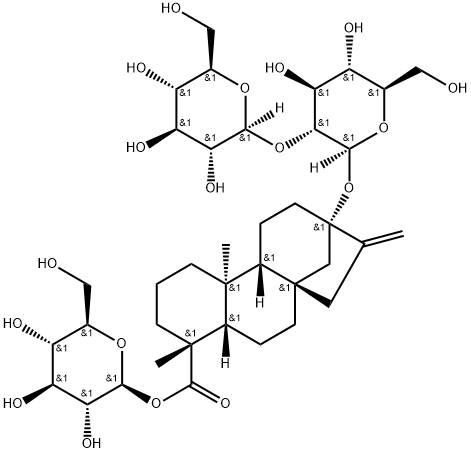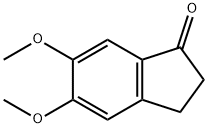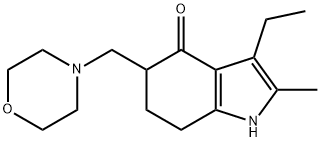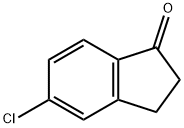Inulin from dahlia tubers , BC , 9005-80-5
CAS NO.:9005-80-5
Empirical Formula: C18H32O16
Molecular Weight: 504.437
MDL number: MFCD00131407
EINECS: 232-684-3
| Pack Size | Price | Stock | Quantity |
| 5g | RMB63.20 | In Stock |
|
| 10G | RMB95.20 | In Stock |
|
| 25g | RMB215.20 | In Stock |
|
| 50G | RMB272.80 | In Stock |
|
| 250G | RMB985.60 | In Stock |
|
| others | Enquire |
PRODUCT Properties
| Melting point: | 176-181 °C |
| alpha | D20 -40° (c = 2) for the anhydr |
| Density | 1,35 g/cm3 |
| storage temp. | Store at RT. |
| solubility | Soluble in hot water and solutions of dilute acids and
alkalis; slightly soluble in cold water and organic solvents. |
| form | Solid |
| color | White to Off-White |
| Odor | odorless |
| biological source | plant (chicory) |
| Water Solubility | Soluble in water. |
| Sensitive | Hygroscopic |
| Merck | 14,5004 |
| Stability: | Stable. Incompatible with strong oxidizing agents. |
| InChIKey | YKHPIEZXTCQOCC-YWMIBZCHSA-N |
| EPA Substance Registry System | Inulin (9005-80-5) |
Description and Uses
Inulin is a nondigestible oligosaccharide containing fructose which provides texture, rheology, dietary fiber properties, and selective fer- mentation by colon bacteria. commercially obtained from chicory root; common sources include onion, garlic, leek, asparagus, and jerusalem artichoke. it is a hygroscopic powder with solubility in water dependent on water temperature. with increasing concentra- tion, viscosity gradually increases, and at about 30% concentration, it can form discrete particle gels which are characterized as creamy and fat-like. it is not hydrolyzed by the digestive system. it func- tions as a prebiotic, passing into the colon where it is preferentially fermented by healthy bacteria such as bifidobacteria and lactobacilli to increase their proliferation and inhibit unwanted bacteria. it is used in ice cream products to replace fat and sugar, and in baked goods.

